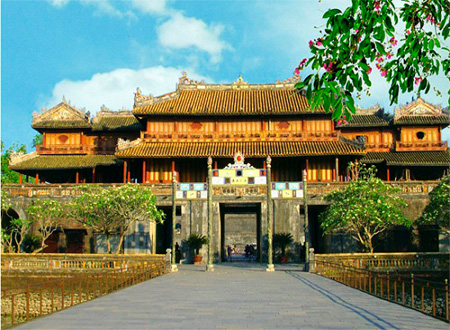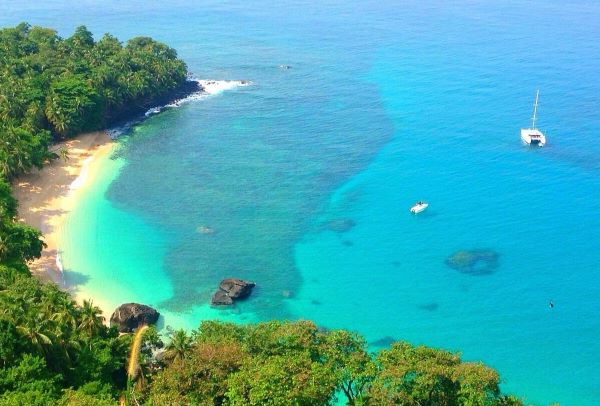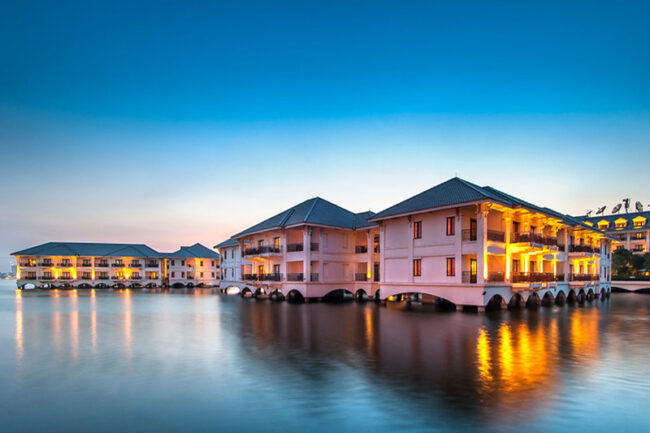A ground-breaking ceremony for the conservation of Ngo Mon Gate vestige in Hue’s ancient imperial citadel complex got underway on March 21.

Conducted by Vietnam’s Central Sub-Institute for Building Science and Technology, the first phase of the project – costing 43.38 billion VND (2.1 million USD) – is expected to be completed in December, 2015. Visitors will still be able to explore Dai Noi (imperial citadel) via Ngo Mon Gate’s ground floor during the conservation. Built in 1837 in the Nguyen Dynasty, the gate, with its U-shape architecture, was the main southern entry to the Hue imperial citadel where significant royal events took place. After decades of history and wars the gate is seriously downgrading. The relic has undergone a couple of restorations, the latest of which was carried out between 1991 and 1992 with 100,000 USD from the Japanese Government. As an important part of the Hue complex, recognised by UNESCO as a World Heritage Site, Ngo Mon Gate bears historical and cultural values not only for Hue city but the also entire nation.













